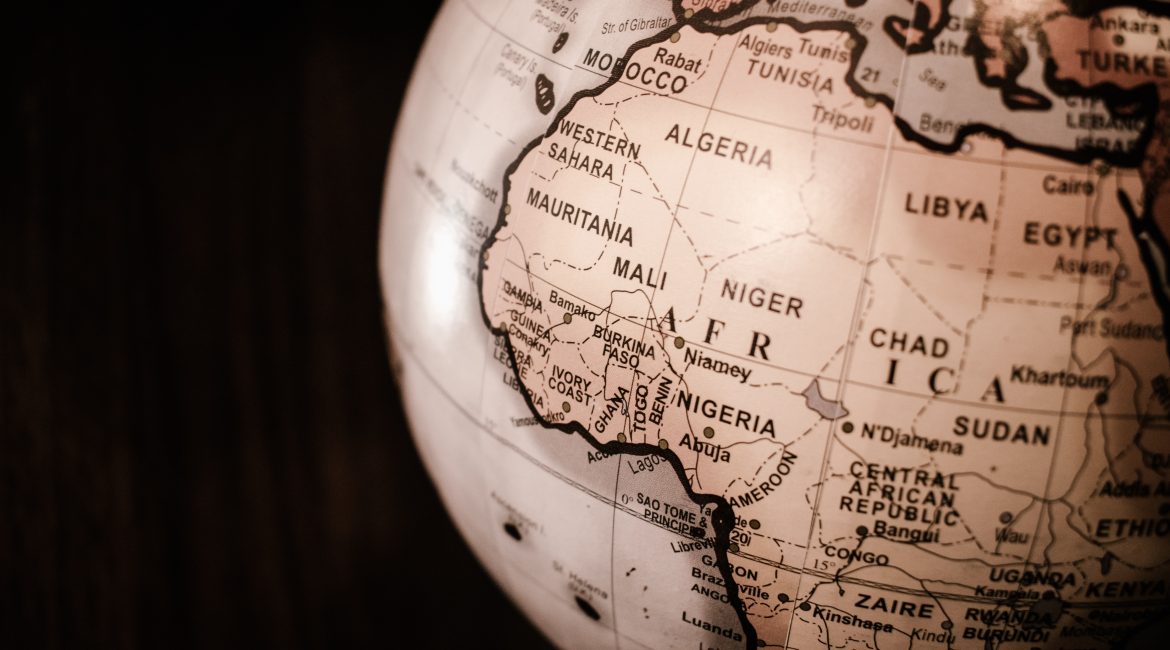The work of the Russian-African summit, which was held in St. Petersburg, ended after it left behind fundamental questions, foremost of which were: “Was Putin able to win the sympathy of African leaders at once, or that the discussions that took place proved beyond any doubt that Russia is not much different from America, and that both of them revolve in a vicious circle of lethal pragmatism, even if the lives of other nations and peoples are at stake?"
The second summit took place in an international atmosphere completely different from what happened in the Sochi summit in 2019. There is an exciting battle that has been going on without resolution for about a year and a half between those with Putin and those against him, especially after the recent Russian decision to withdraw from the grain agreement which dealt a strong blow to African countries.
The first observation on the work of this summit relates to the level of participation of presidents and leaders of states, as the number of these did not exceed 27 heads of state only, compared to 43 heads of state at the 2019 summit. That opens the door wide to wonder about the success of American and European pressures to disengage Russian-African cooperation.
Russia finally seemed to be in dire need to revitalize its global diplomacy, renew its old friendships, and even acquire new ones, especially in light of the suffocating state of siege it is suffering from. In this context, the African continent appears to be the candidate and likely location to be a new area of influence, in which Russia seeks to exploit the spheres of influence emptied by Washington. Most of the time, Russia is primarily interested in obtaining the natural resources available throughout the African continent, and secondly selling its military products, and strengthening the presence of certain governments that are accused by Western circles of being authoritarian.
On the African side, the view does not seem less sought in the context of the search for private benefits from the confrontation between Russia and the West. Most African countries do not view Russia as an ideological leader of the new world. Moscow is currently not exporting a theory for the Third World, as happened in the time of the Soviet Union.
As for Putin, he was able in the first decade of the twenty-first century to develop unprecedented relations in African republics, which previously were considered pure European influence, including the French-speaking countries. Russia has claimed until now that it is an ally of African unity against the old colonial powers, and this is something that needs an extensive discussion, especially in light of the impact of Russia’s withdrawal from the grain agreement. Commenting on this matter Putin tried to mitigate the impact of the scene, as he considered that the deal did not bring much to the Africans.
As for his speech at the opening of the summit, Putin seemed evasive, in a way that worried those who have knowledge of Russian political games, especially after he indicated that Moscow is able to supply African countries with grain and wheat, and perhaps it will do so, for free, to six countries that are the poorest in Africa within three years. The matter is not much different between America, which throws millions of tons of wheat into the ocean so that its price will not be affected, and Russia, which bombs Ukrainian wheat silos and threatens to destroy the infrastructure of other ports through which the West bets on exporting Ukrainian wheat.
That leads us to a logical conclusion: Pragmatism remains the most frequented tool in the world of international politics, and Russia is not shy to use it as a disguise of its vital interests in Africa.

